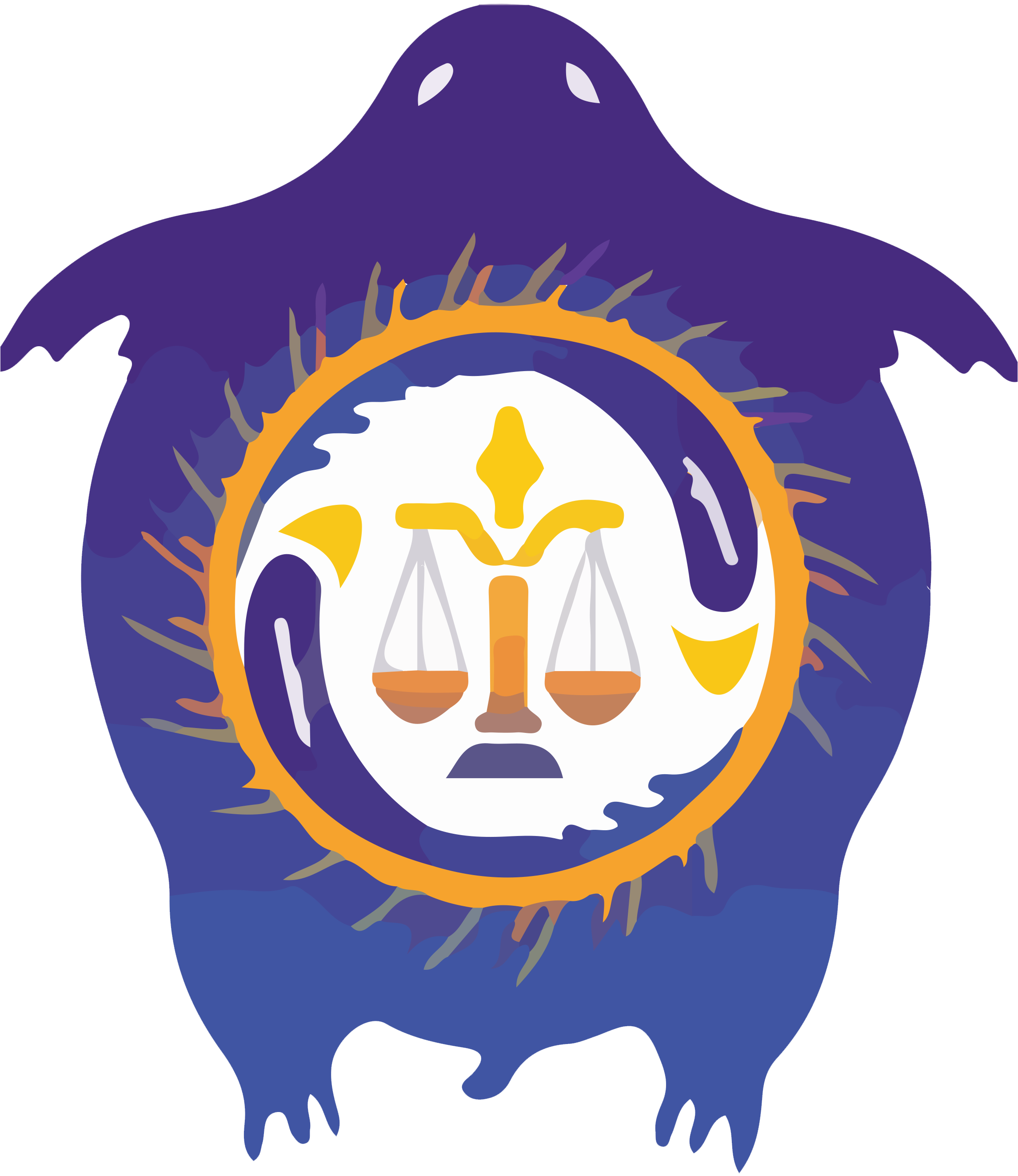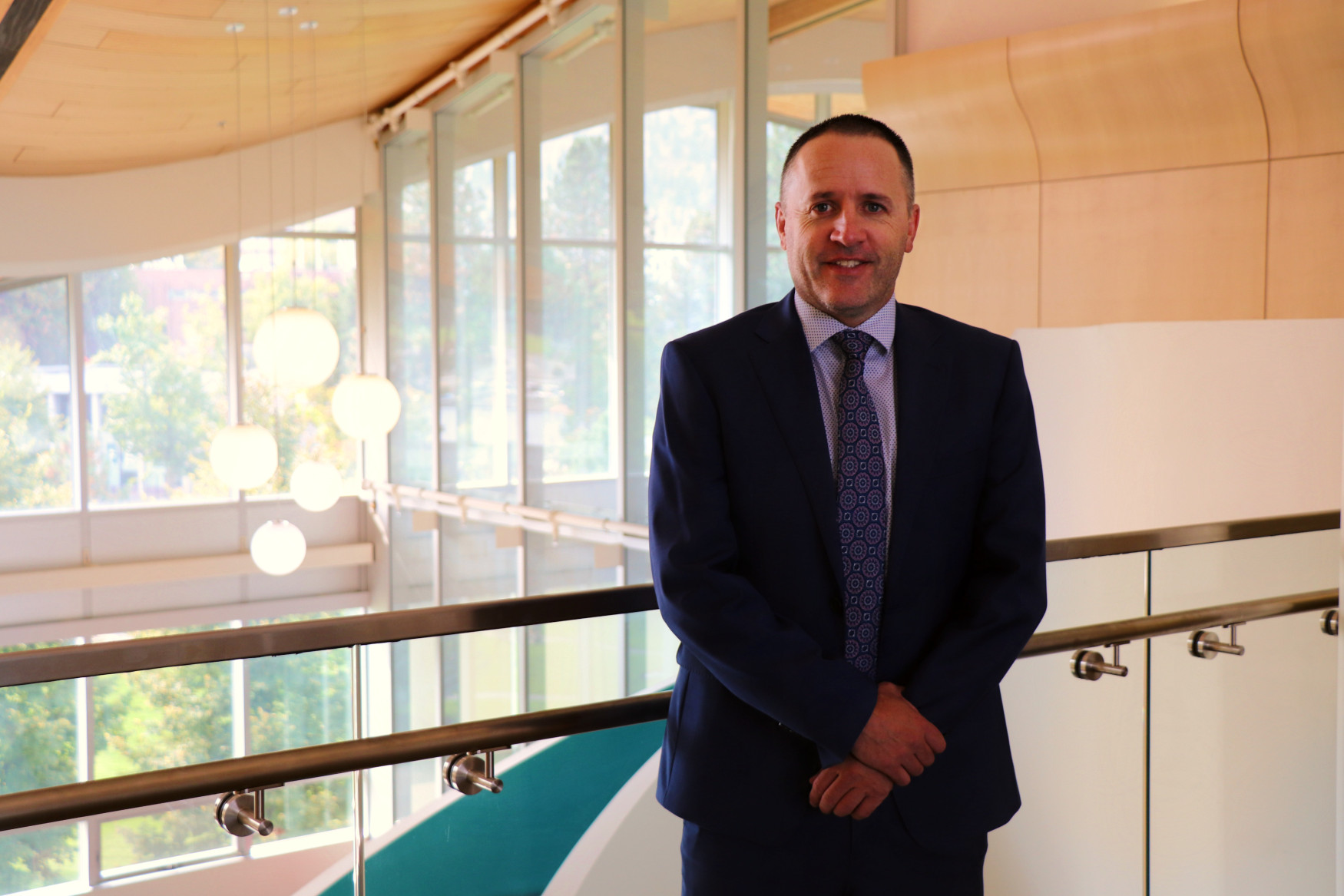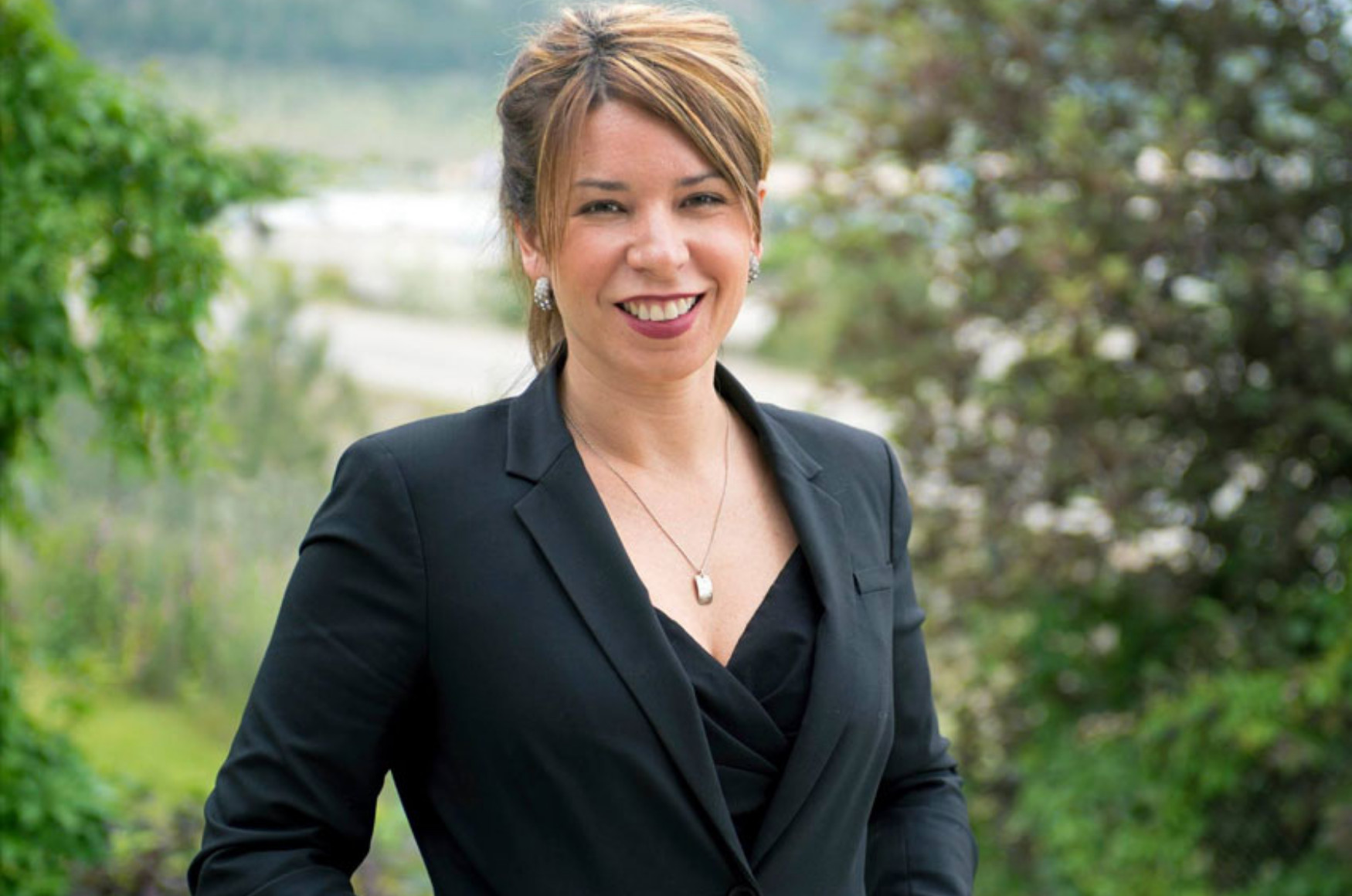Law Menu
Indigenous Applicants
TRU Law is committed to reconciliation, and has created a mandatory course in response to Call to Action #28 of the Truth and Reconciliation Commission.
Within the law school, you will find student groups, initiatives, courses, and course content that welcomes you and advances your knowledge and awareness of Indigenous issues. Examples include:
Indigenous Category
Applicants in this category will be assessed for their academic success potential. TRU Law recognizes that past academic and LSAT performance may not be the only or best way to evaluate a candidate's ability to succeed, particularly in light of Indigenous access to education in Canada and education outcomes generally. Applicants in this category may receive consideration with particular attention to personal history as it relates to past academic performance, connections to Indigenous communities and organizations, employment history, and other factors and indicators of potential for future academic success. Please use the Special Facts text box in the application to provide these details including your connection to or lack of connection to your Indigenous community.
Mandatory Course
LAWF 3890 Truth and Rebuilding Canadian Indigenous Relations (TRC)
The course focuses on the substantive elements of the law-school specific TRC Call to Action #28, especially Indigenous Laws, Crown-Aboriginal relations, Treaties and Aboriginal Rights. To ground the learning on Indigenous Laws, land-based learning will be a central experiential learning element of the course. The course also elaborates on the history and legacy of residential school building and the colonial foundations of the legal system. The course will build on indigenous teachings and include skill-based training in intercultural competence, anti-racism, human rights and conflict resolution. In addition, it will integrate the international element of TRC Call to Action #28. It refers to the UN Declaration on the Rights of Indigenous Peoples (UNDRIP) and the course will further introduce other international legal obligations that Canada is bound by in regard to Indigenous Peoples.
Electives
Comparative and International Indigenous Rights
Students comparatively examine the construction and development of the relationship expressed in law, history and politics between Indigenous Peoples and the nation-states of Canada, Australia, New Zealand and the United States of America (the “CANZUS” states). They examine the position of Europeans and Indigenous Peoples prior to First Contact and then at the point of that contact in the Americas and Australasia. Students explore the following topics in each CANZUS country: History and Demography, the Discovery Doctrine and Aboriginal Title, Land Holdings, the Separation of Powers Issues, Indigenous Jurisdiction, and Treaty or Agreement Making.
Indigenous Peoples and Canadian Law
Students explore Canadian law governing the relationship between Indigenous peoples and settler society, with consideration of Indigenous laws and some comparative and international law as well. Topics include constitutional, common law and international rights of Indigenous peoples (First Nation, Inuit and Metis); colonial legal history and the Indian Act; self-government and self-determination; the trust and treaty relationships between the Crown and Indigenous peoples, including the obligations flowing from the honour of the Crown; gendered impacts of colonial law and policy; the experience of Indigenous peoples with criminal justice; economic development on reserve lands and Indigenous wealth generation more generally; and additional or different topics.
First Nations Governance and Economic Development
This course canvasses the evolution of First Nations governance from the Indian Act model of elected Chiefs and Councils to the re-emergence of diverse systems based on pre-contact systems. The course also covers the revolutionary developments in First Nations economies and the relationships among First Nations, industry, and governments. The instructor is a member of the Hagwilget First Nation with extensive experience consulting in these areas. There are no prerequisites for this course.
First Nations Business and Taxation
This course is an overview of First Nations business enterprises, both on and off Reserve, including taxation implications and strategy. Particular attention is paid to some unique aspects of First Nations business culture. It is geared towards preparing students for practice in areas where commercial dealings with First Nations and other stakeholders will be encountered. The instructor is a member of the Hagwilget First Nation with extensive experience consulting in these areas. There are no prerequisites for this course.
Kawaskimhon National Aboriginal Moot
Students develop lawyering skills such as advocacy and consensus building, in the context of a non-competitive moot, and conducted in a circle arrangement. Students use a moot problem based on selected contemporary issues in Aboriginal-Government relations.
Supportive and welcoming environment at TRU Law
Indigenous students at TRU Law will find a welcoming environment. TRU offers cultural and educational support services to Indigenous students, creating a sense of community regardless of whether you are from Secwepemcúl’ecw or elsewhere.
The TRU Indigenous Law Students Association is a student-led club, composed of an elected executive body. The TRU ILSA team provide students with a welcome environment and Indigenous student lounge, plus intercultural learning on and off campus through engagement with the TRU community and Tk’ekmlups te Secwepemc.
Sun Rivers (on-reserve development)
Students registered in Indigenous Peoples and Canadian Law typically visit the Tk'emlups reserve and the Sun Rivers land development on the reserve to ground their learning about economic development on reserve lands. Touring the reserve, students observe the unique features of this jurisdiction and notice different land-use patterns. Meeting at the Sun Rivers development and speaking with First Nations Tax Commission experts, students learn about the legal sources of some of these differences and the obstacles and opportunities for economic development on reserve lands. This field visit also supports learning about Tk'emlups more generally and the Indigenous territories in which TRU Law is situated.
Cknúcwentn First Nations Court
Cknúcwentn First Nations Court is a sentencing court that commenced sitting in March 2013 at the Kamloops Law Courts. It is held once a month on Fridays and is open to all those who claim Aboriginal ancestry. Cknúcwentn First Nations Court is also open to the public to observe. It is a problem-solving court that uses a restorative justice approach to sentencing and the involvement of the Cknúcwentn Elders Council. The Indigenous Law Students Association at TRU typically coordinates a visit to the Cknúcwentn First Nations Court during the winter semester for interested law students. Students learn about the inner workings of this new legal process and how it is accepting of Indigenous ways of knowing, doing and being.
TRU Law is the 2024 host of the Kawaskimhon National Aboriginal Moot
One of the top Indigenous law events for Canadian universities is coming to Thompson Rivers University (TRU) for the first time next year.
The Kawaskimhon Moot encourages students to tackle a topic through an Indigenous perspective, getting their hands deep into a real-world issue of national importance. For example, this year’s moot was held at the University of Victoria, where teams took on the Coast GasLink Pipeline.
Learn More
Indigenous Faculty

Murray Sholty
Murray Sholty came to TRU as a law student in 2011. Last month, he returned to campus, this time as an instructor. Sholty brings experience, passion, and dedication to his teaching and to his career. He talked to us about the value of his legal education and how his past experiences have contributed to his ongoing success.
Learn more about Murray
Krystie Stewart
Chrystie Stewart (BA ’12; JD ’14) appeared in the Federal Court, British Columbia Supreme Court, Provincial Court, BC Human Rights Tribunal, and the Civil Resolution Tribunal. She was part of the inaugural class of TRU Law in 2011 and continues to serve as the Faculty of Law Indigenous Student Liaison, Dispute Resolution II instructor, and coach of the Kawaskimhon National Indigenous Moot competition.
Learn more about KrystieOn Campus Supports
Indigenous TRU website
Learn all about the Indigenous supports and programs or get in touch with an Indigenous Future Students advisor.
Go to siteTRU Law Indigenous Supports
We have an awesome team to support Indigenous students. Plus many excellent resources which you can learn about in the following document.
View DocumentTRU Awards, Scholarships and Bursaries
Use this guide to find the scholarships, bursaries, awards, prizes, fellowships and medals available to TRU students.
Learn More
